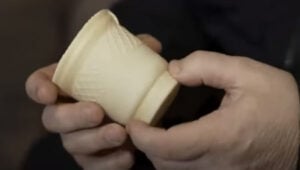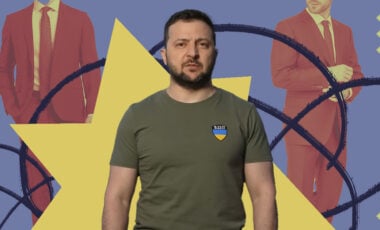Hungary to assist Ukraine with DNA testing for war casualties
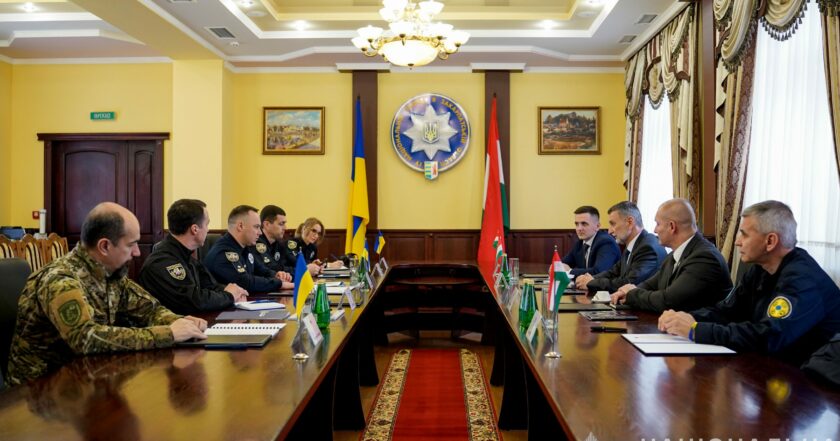
Photo: National Police
Hungarian law enforcement will assist Ukrainian police in conducting DNA tests to identify individuals who died in the war.
This agreement was reached during a meeting between Ukrainian National Police Chief Ivan Vyhivskyi and his Hungarian counterpart, János Balogh, Rubryka reports.
"The heads of both countries' agencies discussed further cooperation and interaction in combating illegal arms trafficking, drug trafficking, organized crime, as well as Hungary's future assistance in conducting DNA tests to identify people killed as a result of Russian war crimes," the press release of the meeting stated.

Photo: National Police

Photo: National Police
The main direction of Hungary's assistance to Ukraine's police is explosive ordnance disposal. In particular, Ukrainian experts participated in 12 courses and trainings on the removal of explosive items, the use of robotic unmanned systems, and countering radiation, chemical, and biological threats.
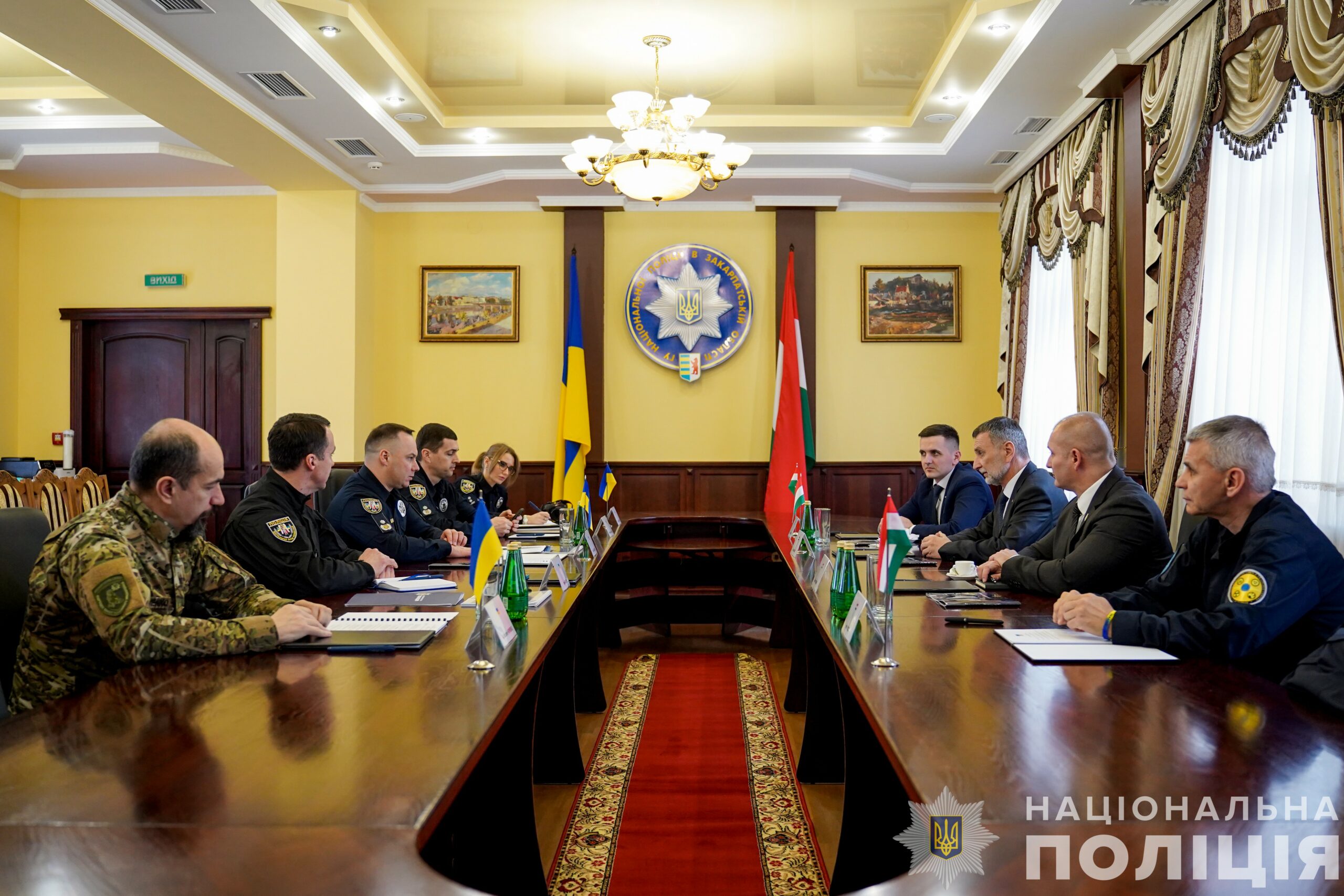
Photo: National Police

Switzerland Donated Three DNA Analyzers to Speed Up Identification of Missing Persons in Ukraine
Moreover, Budapest conducted courses on underwater mine clearance for Ukrainian police officers and provided necessary equipment and gear for defusing enemy traps.
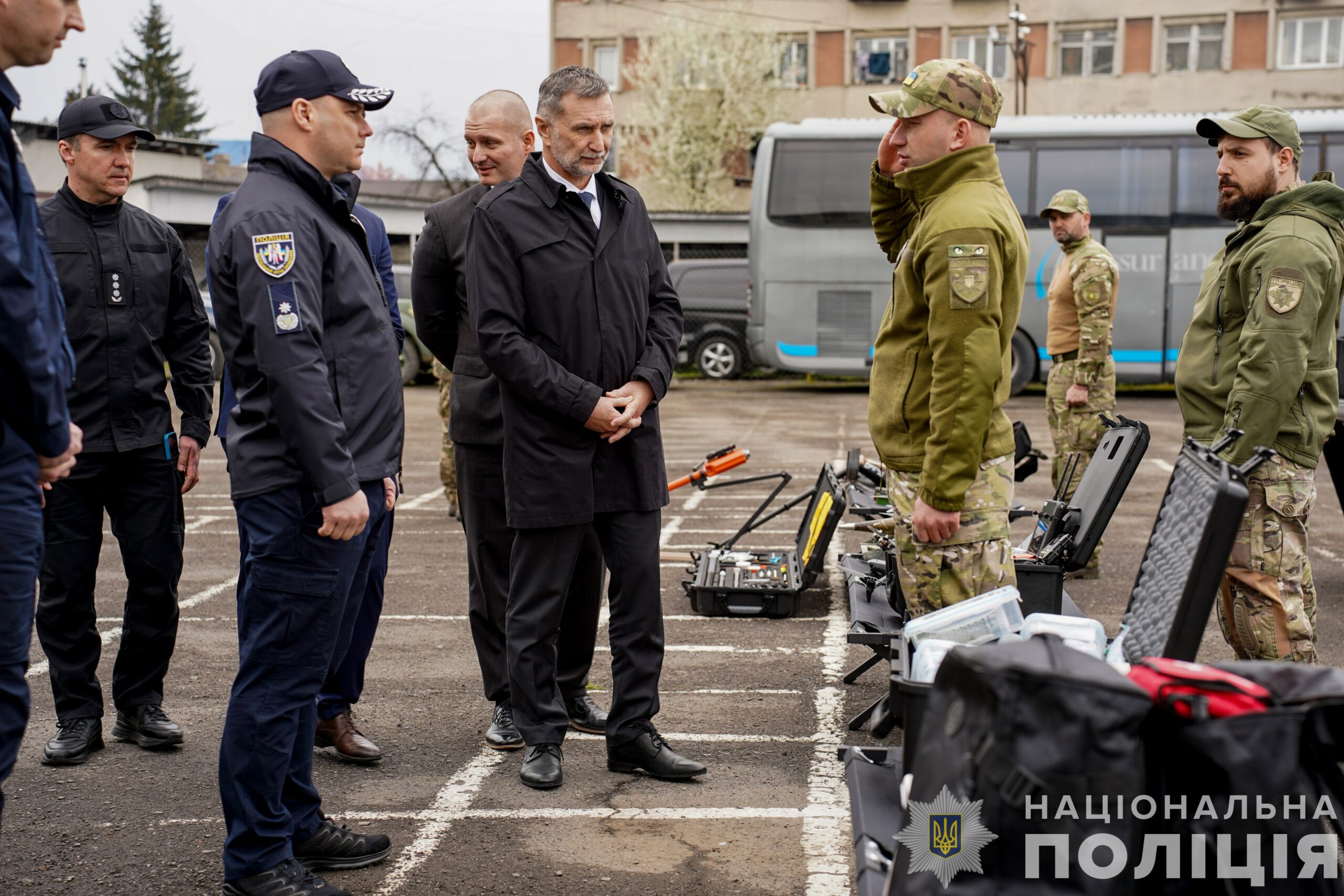
Photo: National Police

Photo: National Police
"Besides their regular police duties, police officers, in conditions of martial law [in Ukraine], have received new, unprecedented police tasks. This includes participation in combat operations, stabilization measures, evacuation, investigation of war crimes, and identification of unidentified bodies of citizens. All assistance and support that our partners can provide in supporting the activities of our units are crucial for us," said Ivan Vyhivskyi.
DNA testing in Ukraine
Ukraine will collect genetic DNA material from military personnel joining the Armed Forces of Ukraine and law enforcement officers. Human DNA will be digitized and stored in the military's personal file to expedite identification.
Ukraine has begun using mobile laboratories that can process DNA samples within an hour and a half during wartime to identify the deceased. Previously, such testing could take years.
Missing persons can also be found through DNA testing. Samples are taken only from the parents or children of the missing person.
Ukrainians residing abroad can submit DNA samples from their current location to search for relatives who are missing under special circumstances.
The Ukrainian government has also approved the procedure for collecting biological material from members of volunteer formations of territorial communities and its storage.






